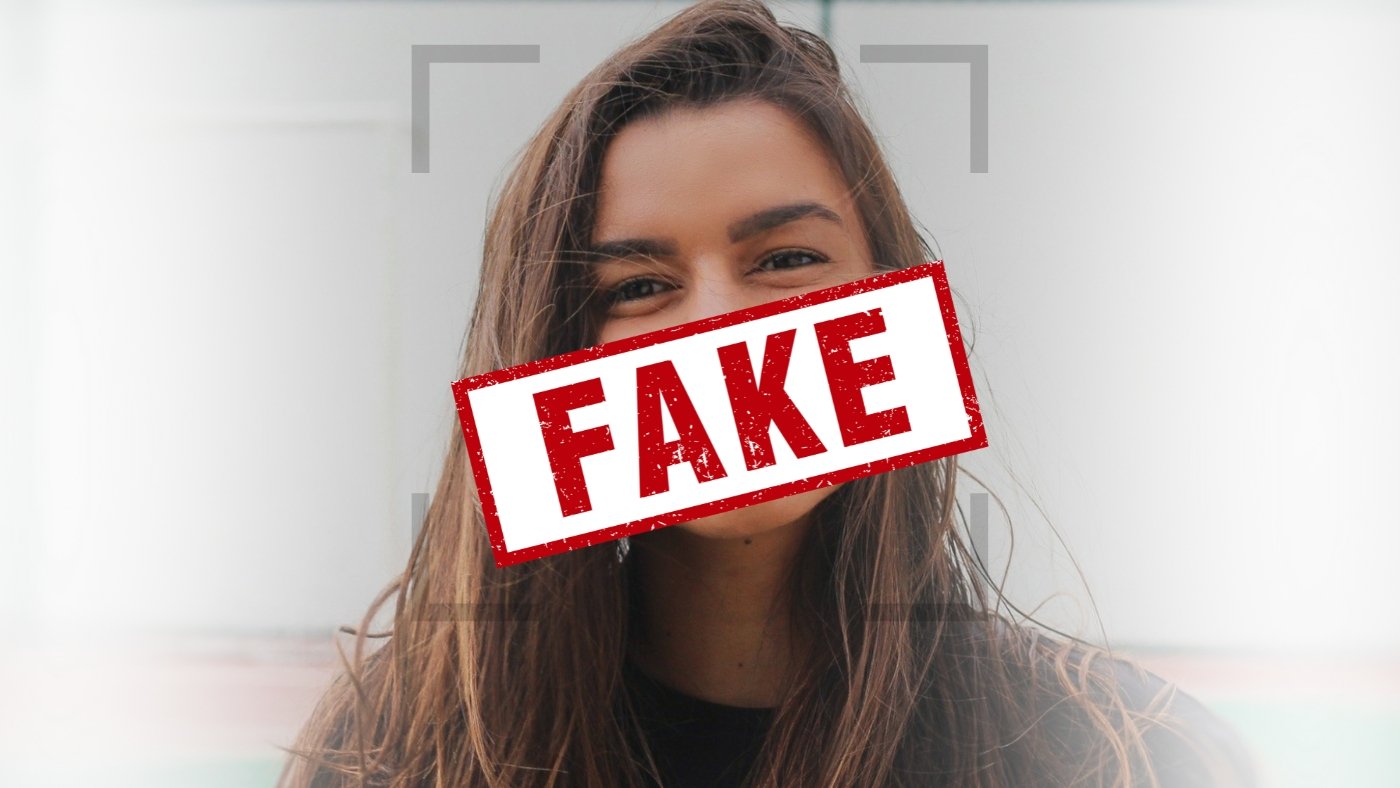Phishing scams have become increasingly sophisticated due to the rise of Artificial Intelligence, making it harder to detect and prevent them. IEEE expert Marcio Teixeira highlights the use of AI by criminals to personalize attacks, increasing their effectiveness and threat level. Here are some recommendations to enhance your protection against such scams.
How can Artificial Intelligence be used to prevent strikes?
It is crucial to remain vigilant and implement security measures in order to safeguard your personal information from potential risks. Ongoing education and understanding of cybersecurity are vital for professionals and the public, as stated by Teixeira.
Here are a few straightforward suggestions to prevent being victimized by AI-generated scams.
Be cautious of suspicious emails, even if they seem personalized or are from a familiar sender. Always look out for spelling mistakes or strange requests, like asking for personal details.
Avoid clicking on links or downloading unfamiliar files. Prior to clicking on a link, hover your cursor over it to review the complete address. If anything appears suspicious, refrain from clicking.
Activating two-step authentication adds an additional layer of security to your accounts, making it challenging for hackers to gain access even if they have your password.
Install software updates frequently to address vulnerabilities that may be targeted by criminals.
Engage in cybersecurity education by staying updated on the latest risks and learning how to recognize and prevent AI-generated phishing attempts.
Teixeira emphasizes the importance of fostering a security-conscious culture, alongside technical safeguards, to effectively identify and address threats. According to the expert, cybersecurity education and awareness are just as crucial as using technical solutions.
By adhering to these recommendations, you can lower the chances of falling victim to advanced scams and safeguard your personal data.

